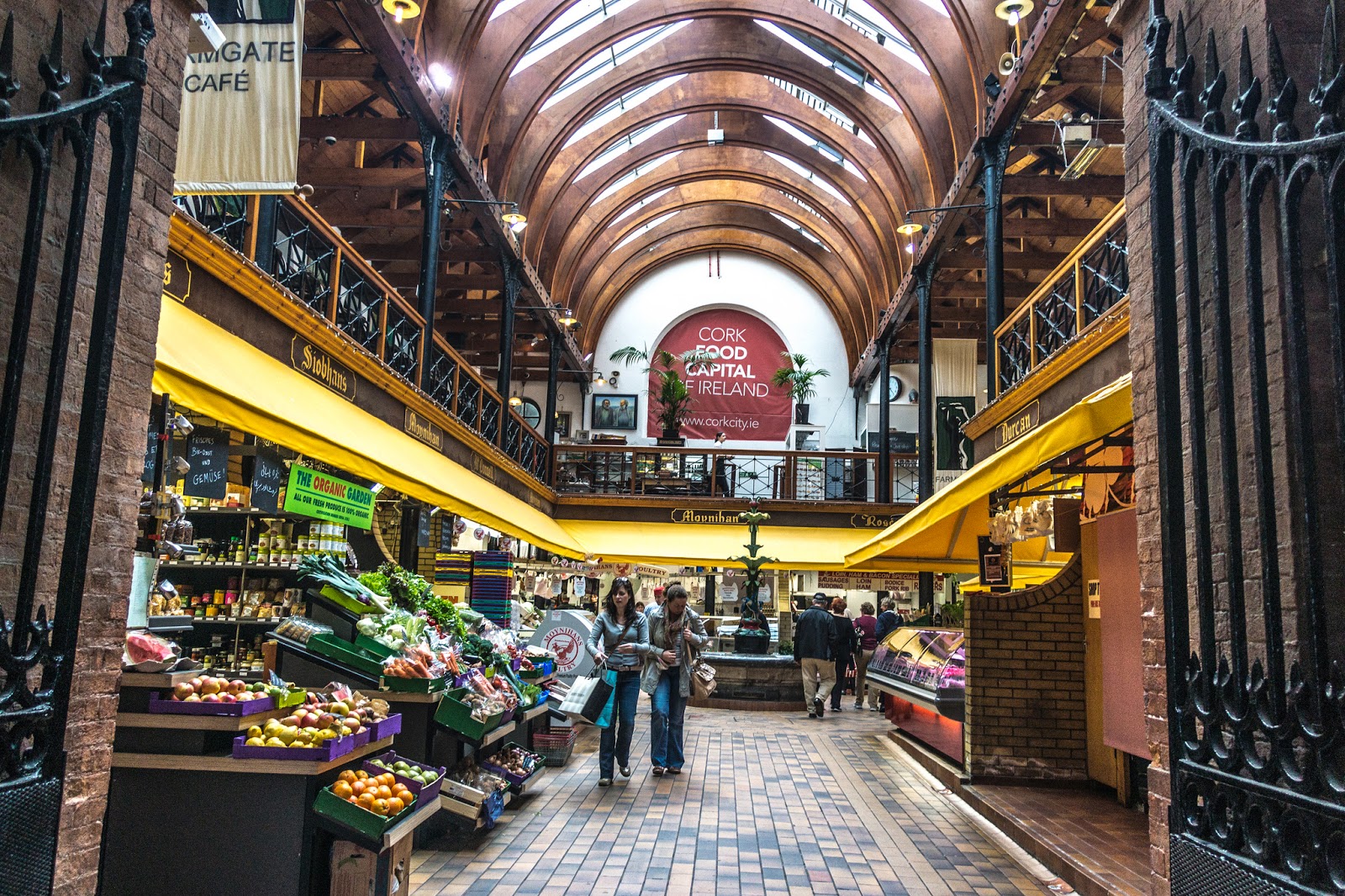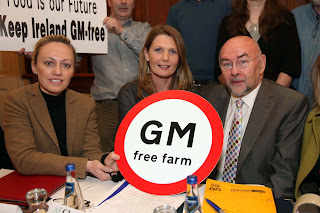A new report has highlighted the effect a rapidly growing human population is having on the
world’s economy and environment. In the wide-ranging People and the Planet report, the Royal Society says that science
and technology has a crucial role to play in offsetting these effects,
including in the area of agricultural production.
According to the report, published this week, the global
population will have reached 9.3 billion by the year 2050. While recognising
the significant yield increases that have (and will be) achieved via the
genetic improvement of crop plants, the authors also called for a focus on
better crop management practices: “These include integrated pest control and inter-cropping
systems, in addition to capital-intensive technologies such as precision
agriculture which may offer large benefits in countries already practising
intensive agriculture”.
The report recognises that technology will play “an
increasing role” if more food is to be grown without requiring significantly
more natural ecosystems to be turned over to farmland.
So, if yield is so important, is there a future for organic
agriculture? I’d argue yes, but as part of a new system which incorporates the
best features of all agricultural ideals.
The Royal Society report comes as new research further
confirmed the yield gap between organic and conventional agriculture but has
shown that, given the right crop and growing conditions, organic can
"nearly" match conventional yields.
Organic systems provide a number of tangible benefits over
conventional agriculture, despite having generally lower yields. However, given
the need for some crops, particularly cereals to keep pace with rapidly growing
demand, the gap between that which can be provided by organic systems and which
is required by a rapidly increasing global population is growing.
In a
paper published in the journal
Nature this week, US and Canadian researchers used a meta-analysis of available information to
conclude that, on average, organic yields are 25% lower than those produced in
conventional agriculture.
Depending on the type of crop examined, yield gaps varied
significantly. For example, organic fruit production had, on average, just 3%
lower yields than conventional fruit production. On the other hand, cereal
production was seriously hampered by an organic system, with a yield reduction
of 26% compared to conventional cereals, i.e. those produced with chemical
pesticides and fertilisers.
The researchers showed that organic systems performed better
in terms of yields, without matching conventional agriculture, when high levels
of organic nitrogen were present, the organic system was well established and
rain-fed irrigation systems were used.
Correct soil pH and the use of best management practices
also influenced the yield gap, leading the authors to conclude that the results
“suggest that today’s organic systems may nearly rival conventional yields in
some cases—with particular crop types, growing conditions and management
practices—but often they do not."
These new results support a study published earlier this year which also demonstrated a significant yield gap between organic and
conventional. Researchers in The Netherlands used a meta-analysis to show that
the yield gap was, on average, 20% in favour of conventional systems.
These data should encourage further research in organic
agricultural systems. The amount of research done on organic is tiny compared
to conventional crop production. It is reasonable then to assume that, while
perhaps never reaching the maximum yields possible with conventional systems,
the advantages of organic, including biodiversity and soil conservation
benefits should encourage us to look more closely at this type of agriculture.
the key will be to move away from the hard-line
ideology of an organic versus conventional debate In my view, the key will be to move away from the hard-line
ideology of an organic versus conventional debate and look to examine what
features of all agricultural systems could be utilised in a multi-faceted
approach, using complementary ideas from each camp. The importance of creating
and maintaining high levels of soil biodiversity, such a crucial component of
organic agriculture needs to be recognised in any new system. Conversely, the
limiting factor that low levels of nitrogen in organic systems poses needs to
be overcome.
As the authors of this new research put it, there should not
be winners and losers in this debate. The result should be a combination of
what is best about organic and conventional crop production:
"There are many factors to consider in balancing the
benefits of organic and conventional agriculture, and there are no simple ways
to determine a clear ‘winner’ for all possible farming situations. However, instead
of continuing the ideologically charged ‘organic versus conventional’ debate,
we should systematically evaluate the costs and benefits of different
management options. In the end, to achieve sustainable food security we will
probably need many different techniques—including organic, conventional, and
possible ‘hybrid’ systems—to produce more food at affordable prices, ensure
livelihoods for farmers, and reduce the environmental costs of
agriculture."
We need a new agriculture- one which is not limited by
ideology but is informed by science and which is relevant for an era of a
rapidly growing human population and an ever increasing demand for food and
food security.
An edited version of this article appears on the Guardian's Notes and Theories blog. You can read it here.


